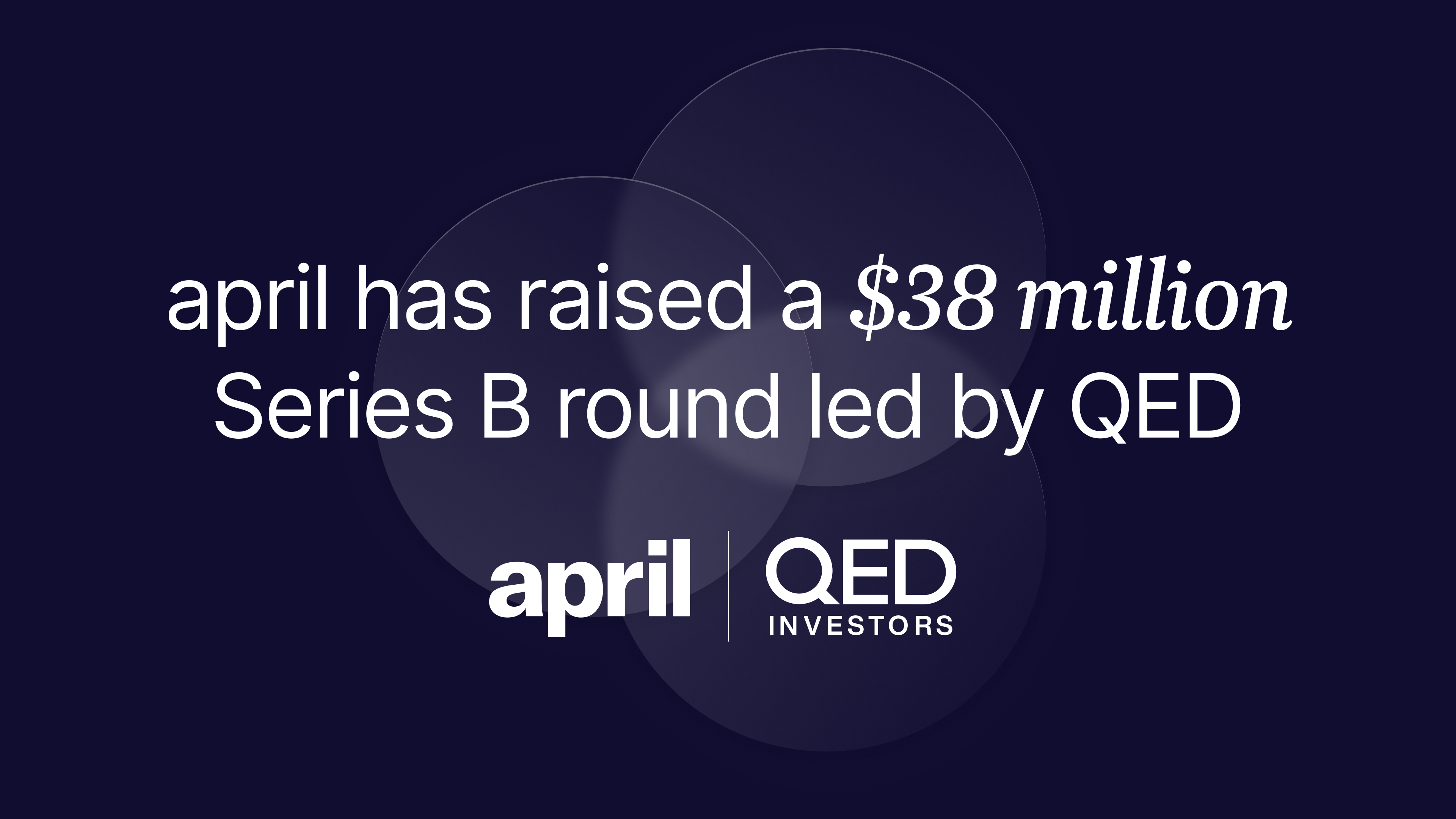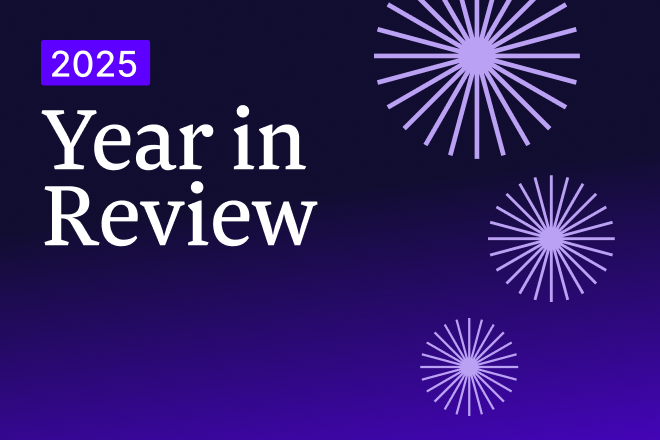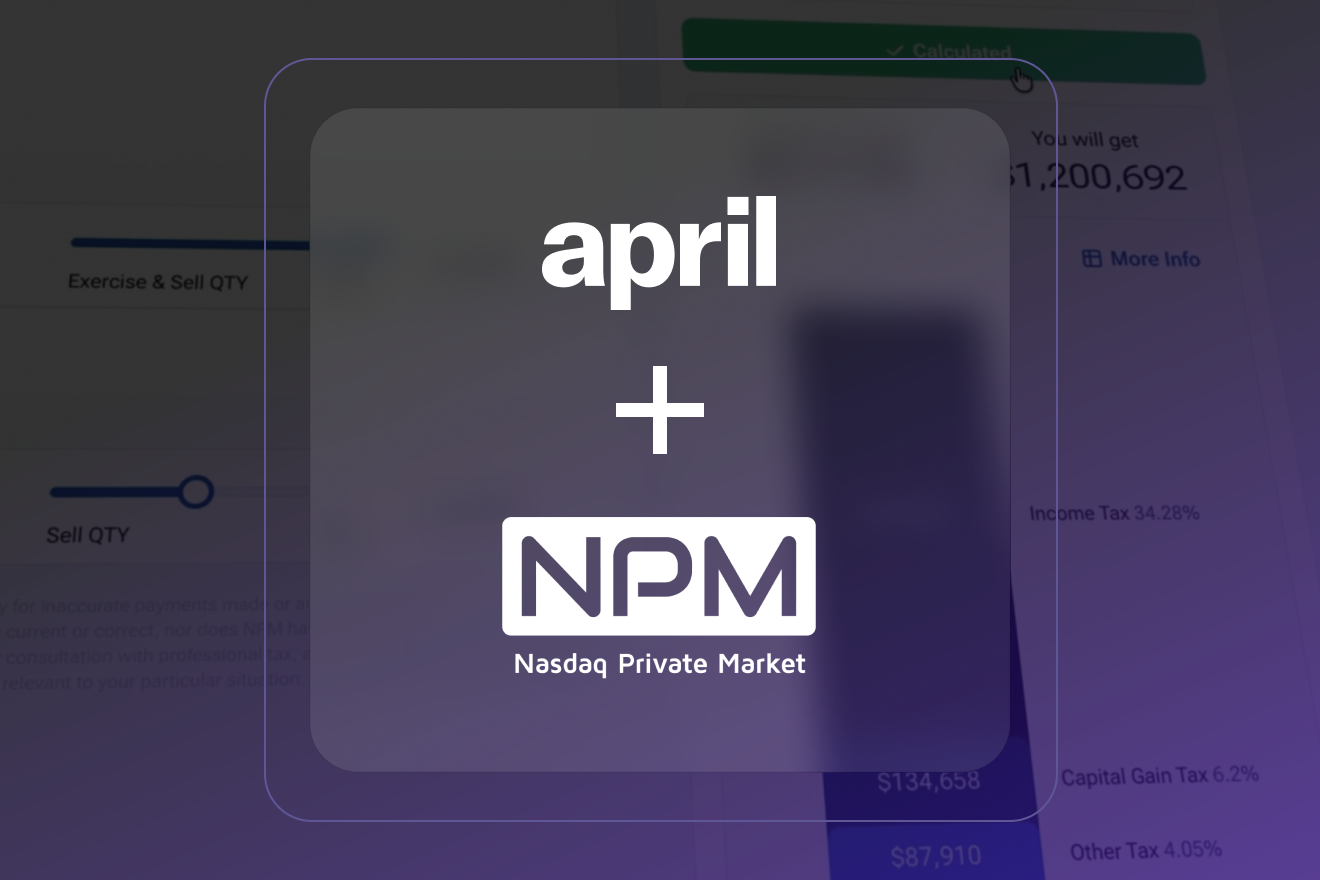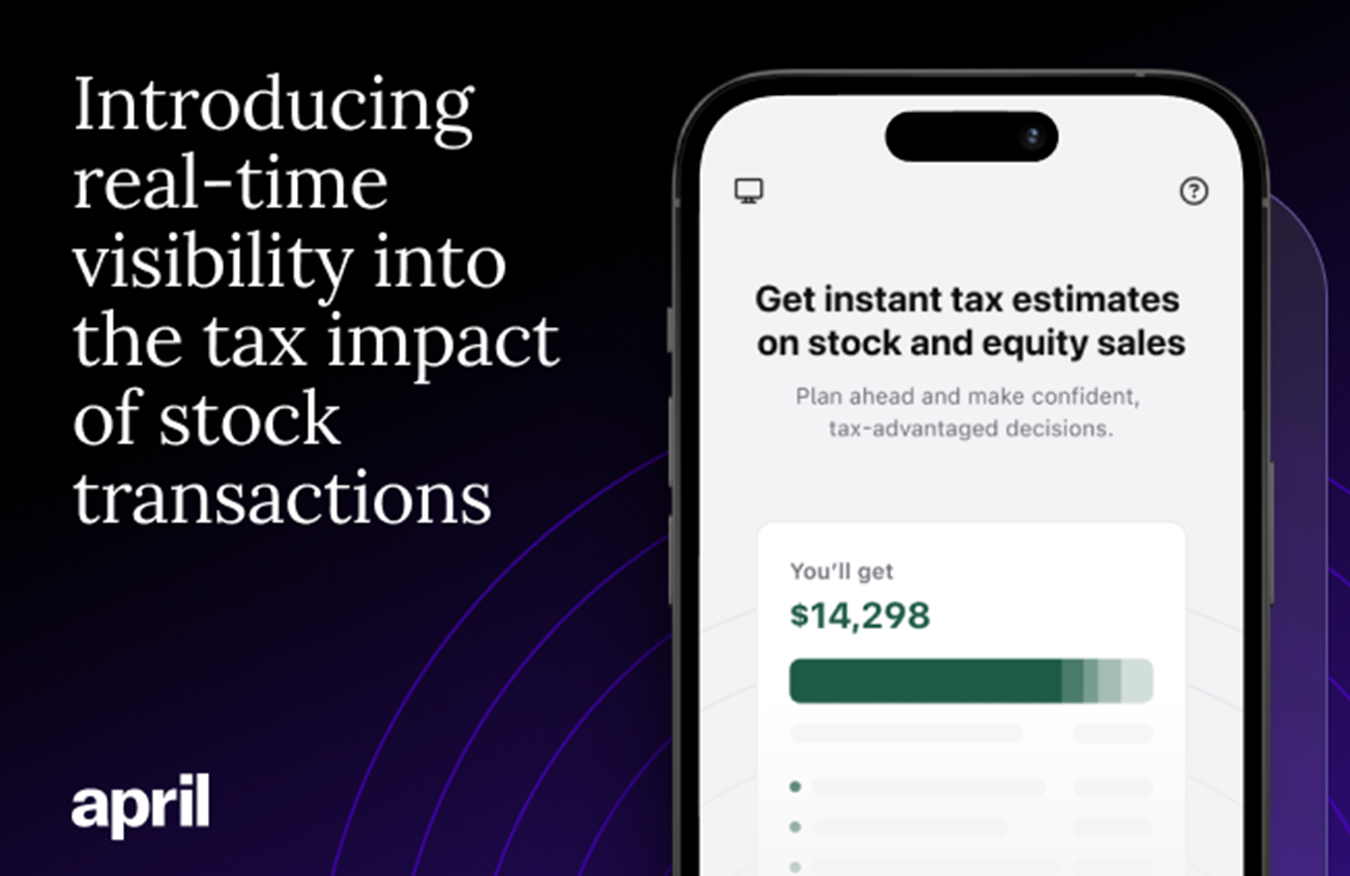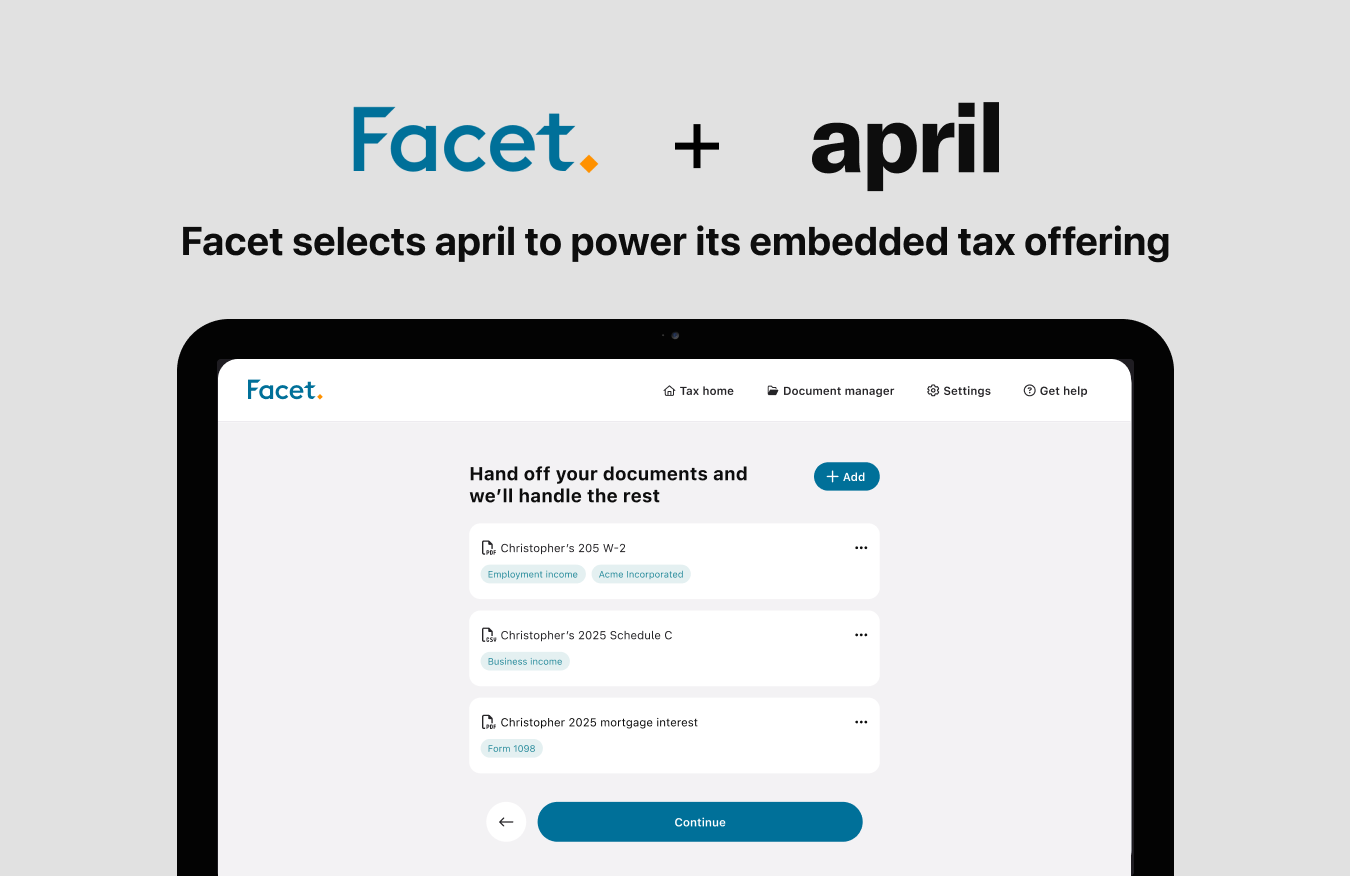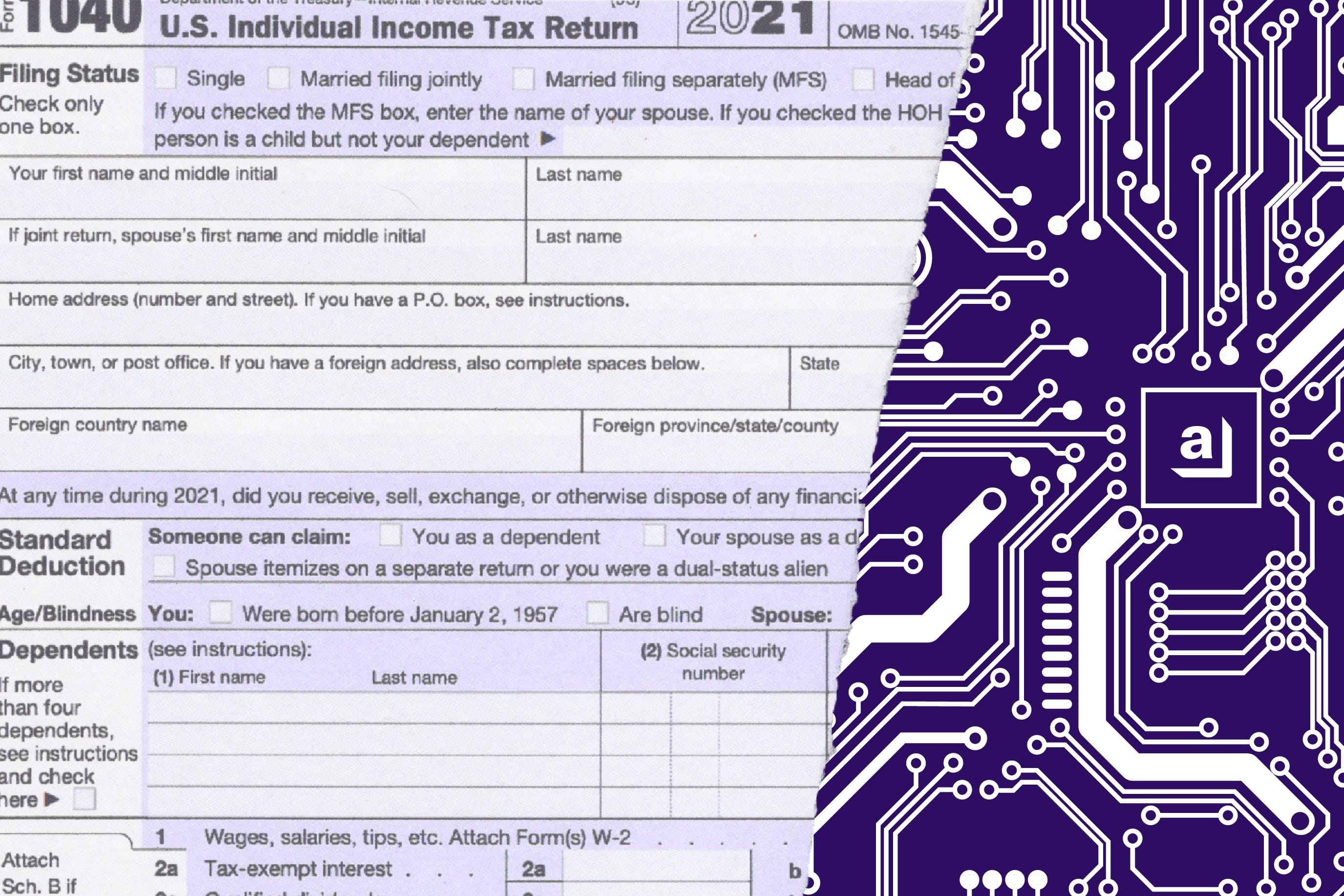Pill Text
Pill Text
Pill Text
Pill Text
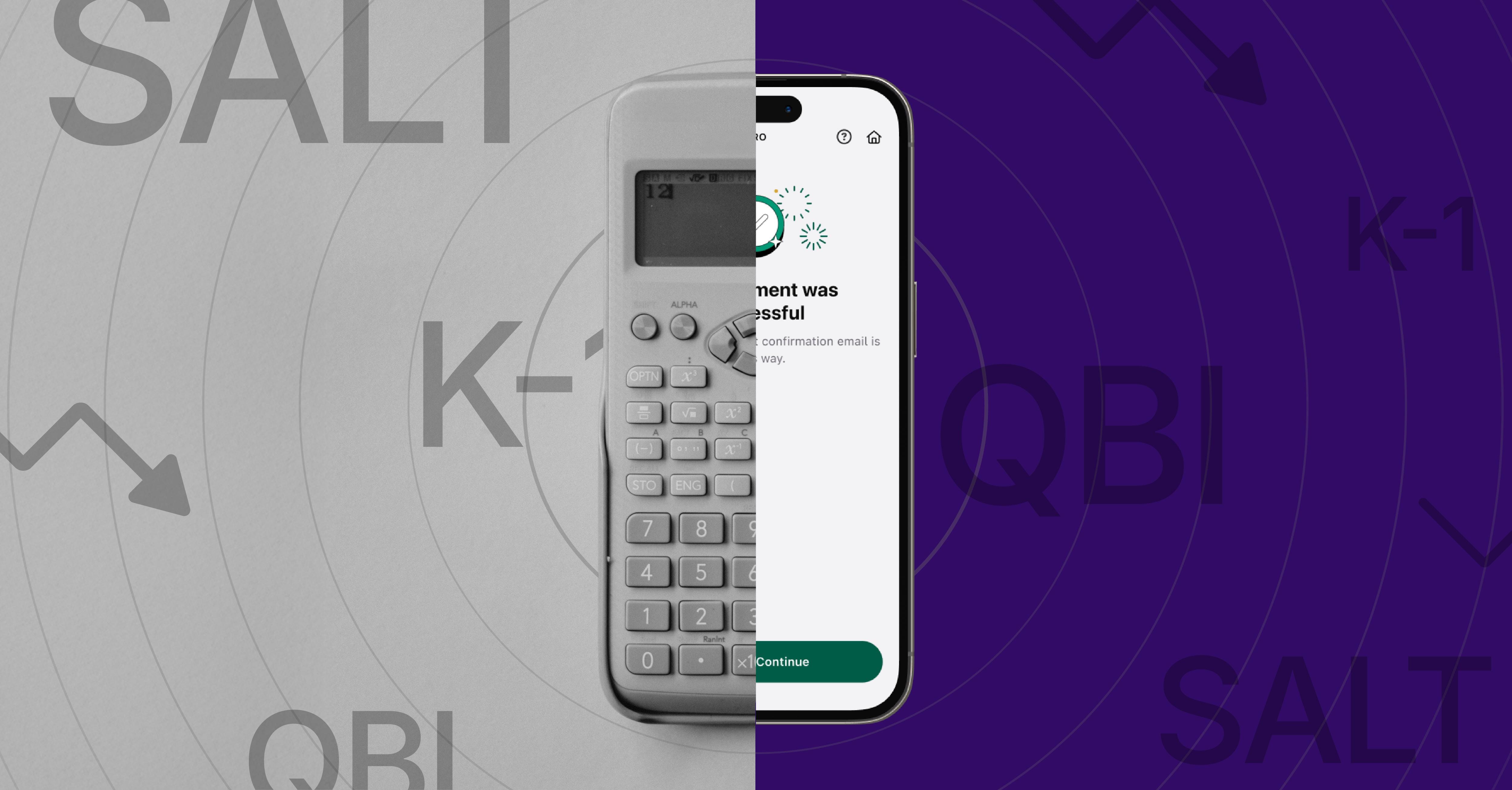
The proposed “Big Beautiful Bill” (BBB) would bring some of the most consequential tax changes in years. From expanding the qualified business income (QBI) deduction to raising estate and gift tax exemptions and redefining the state and local tax (SALT) deduction cap, the bill’s scope is broad. But it's a part of a bigger, broader story about tax: tax complexity is rising, institutional support is shrinking, and the burden of navigating that complexity sits squarely on individuals.
For high-net-worth taxpayers with experienced advisors, the implications of this bill and how to act on them are already being analyzed. But for many business owners and everyday earners, the potential impact will likely go unnoticed until filing season, when the opportunity to take advantage has already passed.
Certain provisions of the BBB, such as adjustments to SALT deductions, changes to qualified business income rules, and new limits on pass-through benefits, will require active, in-year tax planning. High-earning W-2 employees, small business owners, and independent contractors are especially exposed here. Many do not have access to continuous tax strategy and are likely to miss key opportunities or face unexpected liabilities. These are not changes that can be addressed after the fact at filing.
This reflects a broader reality. The tax system is evolving faster than many Americans realize, while more income is now earned through freelance work, gig platforms, and digital assets. Millions operate outside the predictability of W-2 payrolls and quarterly estimated payments, yet most are still navigating tax decisions without proactive support.
Compounding this is the state of the IRS itself. With a potential 40 percent workforce reduction, taxpayers will face slower service, more errors, and less institutional guidance. In this environment, the ability to adapt early, with real-time visibility into one’s tax position, will increasingly define who benefits under the new rules and who does not.
AI is beginning to shift this landscape. Modern platforms can now deliver real-time tax visibility, identify planning opportunities mid-year, and help users model the impact of financial decisions before they are locked in. But to truly close the gap, tax intelligence needs to be embedded where those decisions are actually made. Payroll platforms, small business accounting tools, investment apps, and banking interfaces should surface tax implications in context, not after the fact.
This is no longer a nice-to-have feature. In a system where tax law is reshaped every few years based on shifting political priorities, embedded tax is essential to making these changes accessible for everyday earners. Without it, those with access to dedicated advisory support will continue to outpace those without, widening an already growing divide.
The BBB is a clear signal of where tax policy is heading. Tax is becoming more dynamic, more targeted, and more dependent on individual action. Closing the gap will require both better tools and a fundamental shift in how tax is integrated into personal financial management. The future of tax is not once-a-year filing. It is a real-time year-round strategy, embedded at the point of decision.

Related Content
Related Content
Related Content
Related Content
There's more where this came from


